America is notorious for its junk food, but would you ever imagine your favorite go to snacks are forbidden in other countries around the world? There’s a reason the American Diet is such a talking point for foreigners, and it’s not just about portion size.
It may surprise you to discover many common American ingredients aren’t just looked down upon, but actually completely banned from many other countries. This list covers 8 popular American snacks, where they are banned, and why.
The Forbidden Eight – Banned Foods and Their Health Implications
1. Skittles (Yellow 5 and Yellow 6 & Red 40)
Where Banned: the EU & Norway
Reason for Ban: Artificial food dyes.
Health Implications: Linked to hyperactivity and behavioral changes in children. Interestingly, in the UK, Skittles underwent a reformulation to replace artificial colors with natural ones, yet the original recipe persists in the US.
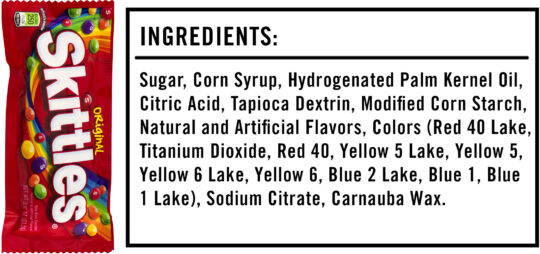
2. Ritz Crackers (Hydrogenated cottonseed oils)
Where Banned: Australia, Switzerland, Hungary, Iceland, Norway, and Denmark.
Reason for Ban: Presence of hydrogenated cottonseed oils.
Health implications: Linked to cardiovascular issues. Ritz Crackers underwent a reformulation in some countries to eliminate trans fats, which were primarily derived from hydrogenated oils.

3. Pre-Packaged Ground Beef (Pink slime with ammonia gas)
Where Banned: The EU
Reason for Ban: Use of ammonia-treated by-products.
Health implications: Concerns over safety and quality. The controversial “pink slime” is a mixture of beef by-products treated with ammonia, used as a filler in ground beef, raising questions about its nutritional value and processing.
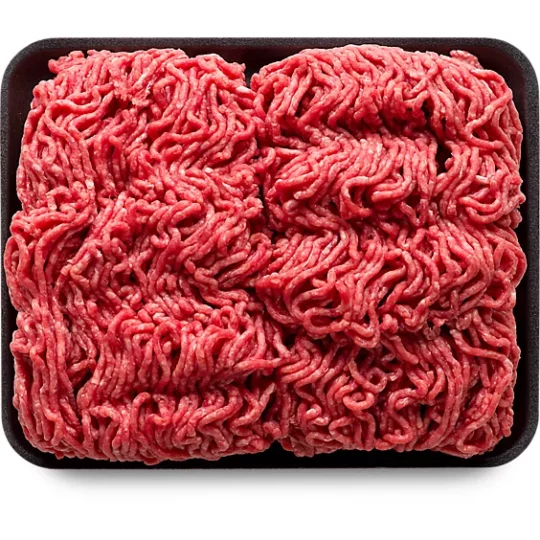
4. US Milk (rGBH or rBST)
Where Banned: Japan, Canada, New Zealand, Australia, and the EU.
Reason for Ban: Man-made growth hormone.
Health Implications: Associated with increased health risks, encouraging preference for organic options. The use of synthetic growth hormones in American dairy production has spurred global concerns over the potential health effects on consumers.

5. Froot Loops (Artificial dyes and chemicals):
Where Banned:France, Austria, Norway, and Finland.
Reason for Ban: Excessive use of synthetic dyes and chemicals.
Health Implications: Concerns over the impact of artificial additives. Froot Loops’ vibrant colors are achieved through a mix of artificial dyes, contributing to their ban in several European countries with stricter regulations on food additives.
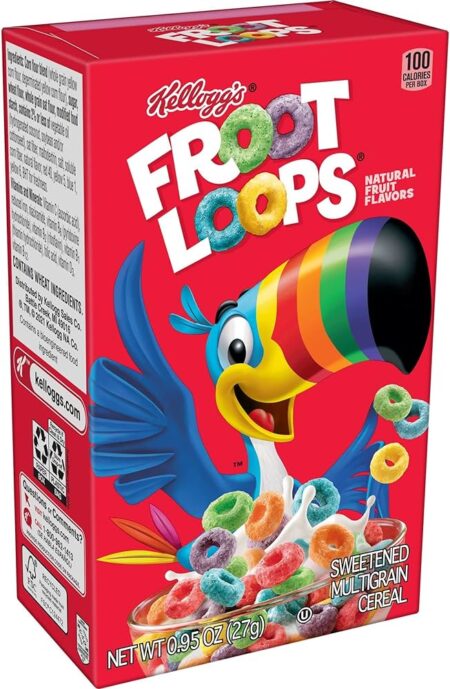
6. Maraschino Cherries (Red dye 40 or Allura Red)
Where Banned: Austria, France, Finland, Norway and the UK
Reason for Nan: Use of Red 40 synthesized from petroleum distillates.
Health Implications: Linked to behavioral changes in children and minimal carcinogenic content. The ban on Maraschino cherries is primarily driven by concerns over the potential adverse effects of Red 40, a dye derived from unconventional sources.
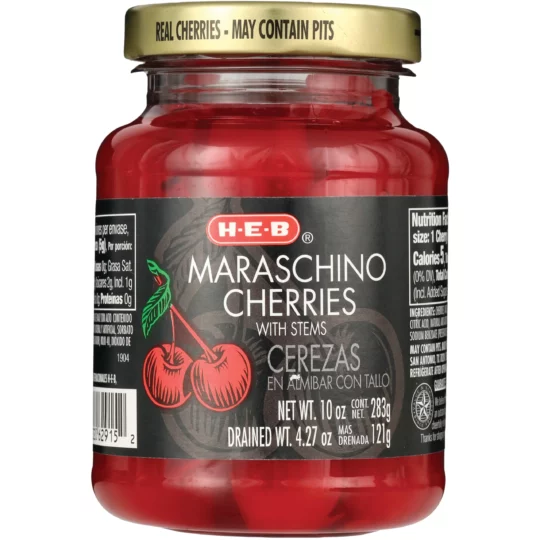
7. U.S. Apples (Diphenylamine or DPA):
Where Banned: The EU
Reason for Ban: Concerns over DPA as a post-harvest treatment.
Health Implications: DPA may dissolve into carcinogenic compounds. Despite being a staple in American orchards, U.S. apples face an EU ban due to the use of diphenylamine, prompting discussions on apple safety and international trade.

8. U.S. Pork (Ractopamine):
Where Banned: China, Russia, Taiwan, and the EU.
Reason for Ban: Use of growth hormone ractopamine.
Health Implications: Limited research on its safety for human consumption. The ban on U.S. pork highlights global concerns about the use of growth-promoting agents, reflecting diverse regulatory approaches to food safety and production practices.

9. Nestlé Drumsticks (Carrageenan)
Where Banned: The EU
Reason for Ban: Presence of carrageenan.
Health Implications: Linked to gastrointestinal issues, inflammation, and decreased glucose tolerance. Carrageenan, extracted from red seaweed, faces scrutiny in the EU due to its potential health risks, emphasizing the ongoing debate surrounding food additives in the global market.
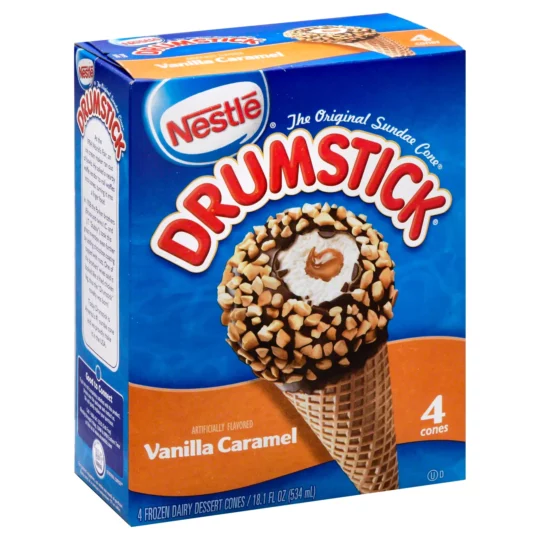
We Still Love American Snacks
In the world of international food regulations, a surprising narrative unfolds as some beloved American snacks find themselves unwelcome in various corners of the globe. Skittles, Ritz Crackers, and even certain pre-packaged beef products have become inadvertent symbols of dissonant cultural perspectives, rigorous health standards, and the complexities of global commerce.
The prohibition of these snacks in regions like the EU, Australia, and Japan is not merely a culinary matter, but more poignantly, a reflection of broader concerns surrounding artificial additives, hydrogenated oils, and growth hormones.
As consumers, understanding the international dynamics at play during our snack time prompts contemplation about the intricacies of global food safety standards and the delicate balance between cultural preferences and health considerations.

